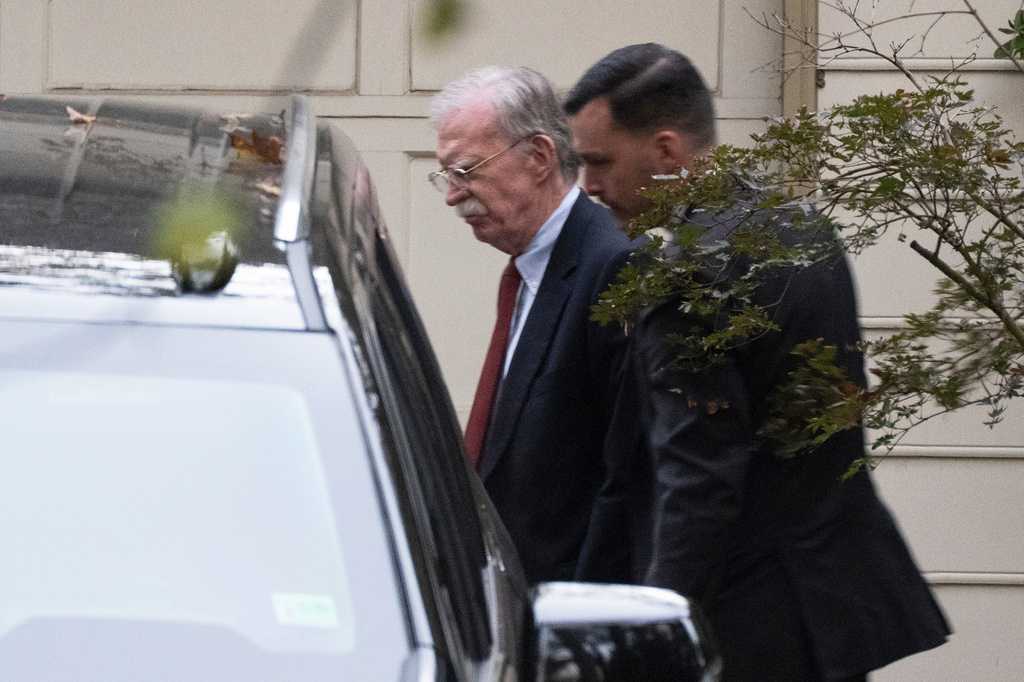John Bolton, who served as President Trump’s national security adviser, arrived at a federal courthouse to surrender on 18 federal charges involving classified documents. The criminal case has placed renewed focus on how top officials manage sensitive records. Observers say the trial may influence future debates on government secrecy.
Bolton arrives at court to surrender to authorities on charges in classified information case

Key Takeaways:
- John Bolton, former national security adviser to President Trump, is charged with mishandling classified information.
- He faces 18 federal counts pertaining to top secret records.
- Bolton formally surrendered at a federal courthouse to address these allegations.
- The Justice Department’s prosecution underscores concerns over safeguarding sensitive data.
- References to Bolton’s book, “The Room Where It Happened,” highlight potential evidence in the investigation.
Bolton’s Day in Court
John Bolton made a highly scrutinized appearance at a federal courthouse to face formal charges relating to the mishandling of classified information. According to official documents, the former national security adviser turned himself in as part of ongoing legal proceedings.
The Charges and Legal Background
The Justice Department has leveled 18 federal charges against Bolton, alleging that he improperly handled top secret records. Federal regulations on classified information are designed to protect national security, and any breach can lead to significant legal consequences. Prosecutors claim Bolton’s actions put sensitive materials at risk, though the full scope of evidence remains undisclosed.
Role in the Trump Administration
Bolton served as one of President Trump’s most prominent national security advisers. His insights into global affairs, private meetings, and policy decisions attracted considerable attention during his tenure. Given his elevated position, the charges carry extra weight, underscoring the importance of compliance with classification rules at the highest levels of government.
Potential Evidence
Among the items potentially under scrutiny are Bolton’s writings and materials related to his tenure, including references to a “classified manuscript” in the original news feed. His book, “The Room Where It Happened,” captured public interest upon its release and may now be examined as part of the case. Investigators are expected to review how sensitive information might have been handled, whether inadvertently or intentionally.
What Comes Next
As Bolton’s court proceedings begin, the Justice Department will present its evidence, and Bolton’s legal team will have an opportunity to respond to each of the 18 charges. The outcome of this case could shape future guidelines on how senior officials protect—and potentially disseminate—matters of national security. While the timeline for resolution is not yet clear, the scrutiny surrounding Bolton’s case is certain to continue until the court reaches a verdict.











